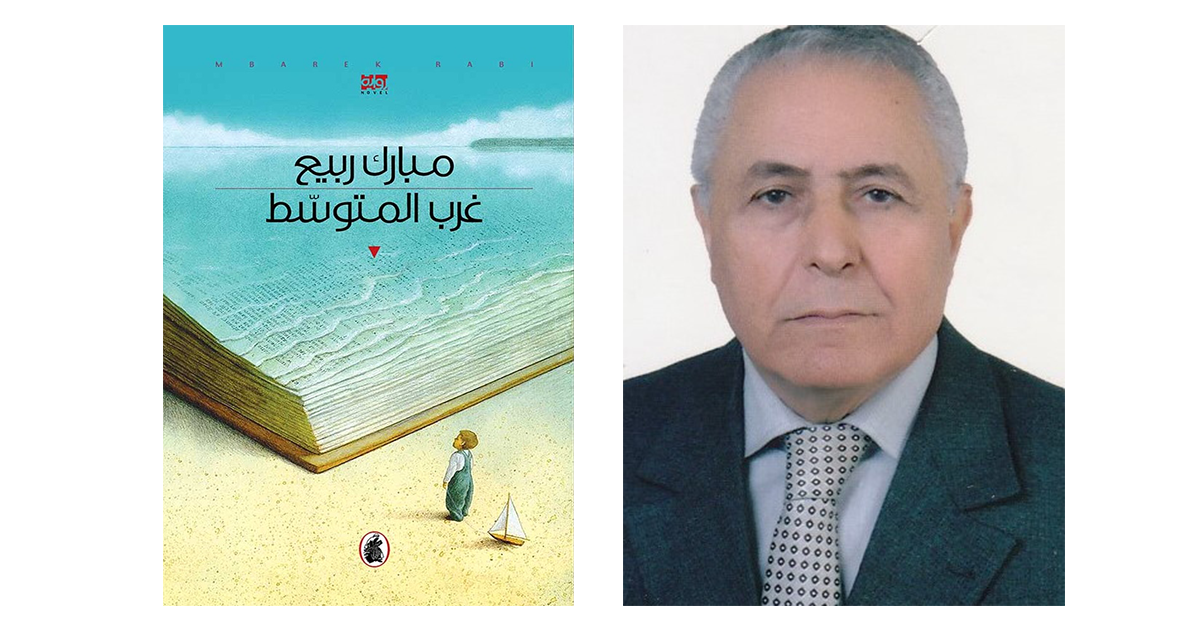Interview with longlisted author Mbarek Rabie
30/01/2019

When did you begin writing Western Mediterranean and where did the inspiration for it come from?
I do not often note the exact dates of when I begin or finish writing. But with some indicators I can estimate that I began writing the novel in early 2016 and finished it in late 2017 which means about two years. This is about the average time it takes me to write my standalone novels, which is between two to three years, or more in exceptional cases.
As for the inspiration, I would say that years ago, the idea of the “the last immigrant” occurred to me. This idea that a person considers himself or is considered the last immigrant or the last one attempting to immigrate to Europe, regardless of how this can be achieved fictionally. The inspiration then comes from the reality that we see and live every day, in Morocco especially and in the Magreb countries in general – the waves of immigrants from Africa and other places wanting to cross over to the illusion of the promised European paradise – and the ensuing experiences, relationships and suffering.
Did the novel take long to write and where were you when you finished it?
I could say that it took about two to three years to finish it. The average time it takes me to write a novel, and this is after all the preparations needed, keeping in mind that I wasn’t dedicated to writing full time. In this context I could say that Western Mediterranean was no different. I think it took me about two years once the idea had ripened in my mind.
I wrote this novel in the areas I usually move between, which is my home in Rabat, and my secondary residence on the Atlantic (Plage David halfway between Rabat and Casablanca), or in the village that I frequent in my hometown in Ben Maasho (100 km southeast of Casablanca). As I traveled near and far, my novel accompanied me, and during this time I wrote a lot or a little depending on the circumstances.

How have readers and critics received it?
The initial reactions from readers, students, professors and the media, except for critics and researchers has been positive and encouraging. In addition, some university professors have scheduled seminars about the novel for their master students this year. What I am still waiting for is academic studies and critical reviews; but this takes time due to the long period it takes for the novel to reach Morocco from Beirut, on one hand, and to the pace of our cultural lives in general and critical reviews specifically.
What is your next literary project?
To begin with, I am occupied with a new manuscript whose features are not yet entirely clear. But it is growing and I am living with its characters. Apart from that, and since quite some time, I have a concept for a new, very special novel and I feel that I don’t yet have control of its tools. Of course, I avoid going into the specifics of my future novels and their titles, visions or directions while they are still being written. This is my habit, I wait until the novel is complete, then it can speak for itself.
